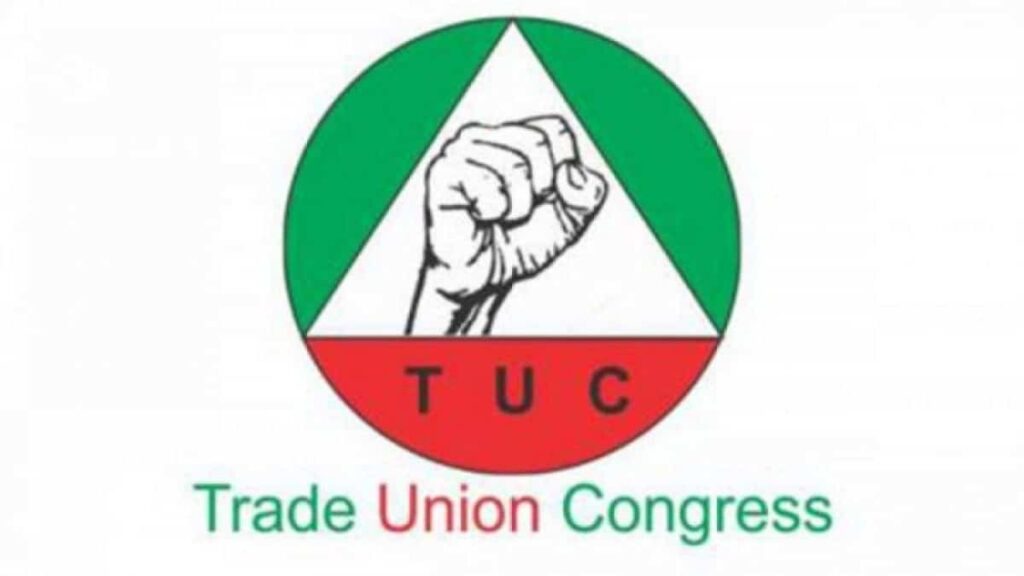
In a recent interview with Channels Television, the President of the Trade Union Congress addressed concerns about potential inflation following an increase in minimum wage.
According to Festus Osifo, the President of the Trade Union, raising the workers’ minimum wage does not necessarily lead to inflation.
Osifo highlighted the boost in revenue allocation to state governments since May of the previous year as a significant factor justifying an upward review of the minimum wage.
Proposed by organized labor, the new minimum wage being suggested stands at N615,000 for workers.
Speaking on the matter, Osifo emphasized the substantial increase in revenue flowing from the Federation Accounts Allocation Committee to state governments over the past year.
He argued that investing in labor by increasing workers’ wages is vital for the economy, as the money will inevitably be spent. Whether it goes to workers or other projects, the spending will occur without exacerbating inflation.
Osifo concluded by affirming, “Providing workers with fair compensation for their work will not automatically lead to inflation.”
These remarks coincide with Nigeria observing International Workers’ Day amidst ongoing economic challenges worldwide.
Meanwhile, data from the National Bureau of Statistics indicates that Nigeria experienced a surge in inflation, reaching 33.22% in March.
